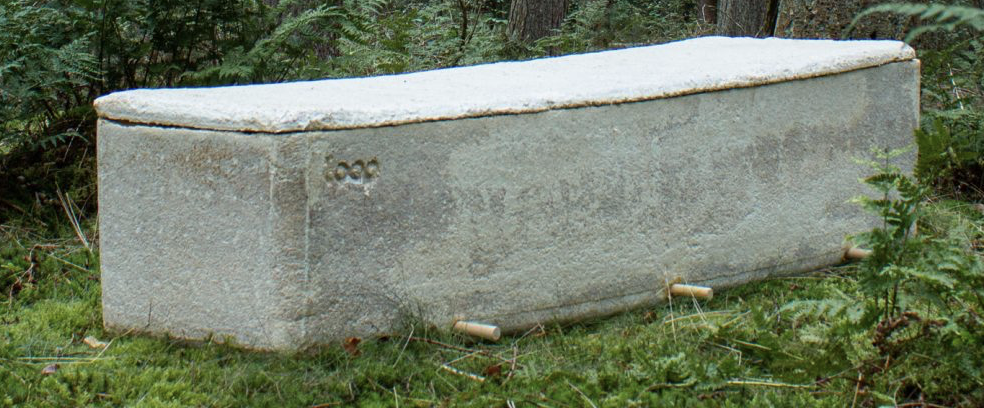
At The Death Cafe today, we spoke of our thoughts following last Saturday and Sunday, the Armistice and Remembrance Day respectively. Well, it was for the UK, but what about around the world?
Do we, if we de-clutter before we die, deny the opportunity for our children (presumably)
to look through our material possessions after we have died?
Honouring the dead?
We were aware that Australia, Canada and the rest of the Commonwealth remembered the fallen on 11 Nov, as it signified the signing of the end of World War 1: 11th hour, 11th day, 11th month. We also knew that America noted Veteran’s Day on 11 Nov, but what about Germany? Unlike the UK who have the poppy to remember ‘our fallen’, Germany does not have such a symbol but still has a day to mourn all those that had died. Volkstrauertag, the People’s day of Mourning, is held on a fortnight before Advent Sunday. It started in 1922, was reinterpreted by the Wehrmacht during the second World War, but then returned in 1952 to mourn all those who died in the war. Offline, Kristallnacht or ‘night of broken glass’ is not known as such in Germany but as the November pogrom. The date of 9 Nov is also synonymous with the fall of the Berlin Wall and many other events in Germany’s past.
The Australian and New Zealanders also have their own day of remembrance on 25 April, known as ANZAC Day. This commemorates the first major military action of their troops in Europe in the first world war.
Japan has its own national Memorial Day on 15 August. This marks the broadcast of the surrender of the Japanese troops after the second World War, although that surrender wasn’t actually sign until 2nd Sep 1945, and that it wasn’t until 1952 that Japan formally ended the war with the USA.
Russia, Belarus and Ukraine, have a Day of Remembrance and Sorrow on 22 Jun, which marks the anniversary of Barbarossa, the invasion of Russia by western forces. There is also the possibly more well known Victory Day in Russia on 9th May, which notes the signing of the surrender by Nazi Germany on 8 May 1945, but it occurred so late, it was 9th May Moscow time.
Have funerals changed over the years?

Given it was so long ago, we wondered what might have changed with funerals over the years? We recalled that all were to attend the funeral in black, and that men might be the only ones to attend the crematorium, especially if in the western isles of Scotland. In Germany, we were told that funerals had become very much more informal, but there were still marked differences whether that funeral was taking place in an urban or rural setting. It was considered remarkable that particular brands might have their own coffin – see right. We wondered whether funerals in the future might be online in the future? If families were geographically separated – as we were during the Covid pandemic, we could see a possible reason, but how might we properly grieve with such a funeral? When might ‘closure’ occur?
Closure
How important is closure after the death of a loved one to you?
Closure was seen not only at the funeral, but at the wake – or the get-together afterwards – but also with the consideration of the goods of the deceased. We had spoken about the death cleaning before at Death Cafe, but wondered today whether by de-cluttering before we die, we deny the opportunity for our children (presumably) to look at what our material possessions. What memories might they hold? We might find that the history of our parents may not have been as ‘rosy’ as we were informed by them. We might wonder who was that person in the photograph, the one we can’t now recognise. Yes, we could give the items away to a charity or sell them on e-bay (other online agencies exist) but how valuable are these personal memories?
It could be that for some part of the family, culture prevents us from sorting through the items; or that it is too traumatic to decide whether to keep some and get rid of the remainder. What if we were to intentionally go through the collection of items before we died with our loved ones? Or might that seem to accelerate what we felt were our last days?
We had seen images of funeral coffins which were made by prestigious brand names, at possibly exorbitant cost and limited functionality – well, especially for the deceased. Some mention that their choice was to have the simplest coffin available, and have images of their favourite flowers shone onto the coffin at the funeral service. So, if flowers were originally introduced because of the smell of the decaying body, we might still have flowers but at the fraction of the cost, and no waste.

Can we find a coffin with a living lid?
One suggestion was to have a living coffin, which is normally associated with a mushroom fungus, as shown above. But here, the suggestion was for a grassy meadow with flowers placed on top of the coffin which could be taken back to the garden afterwards.
What are your thoughts on this? and can you find one on line?
I found the dialogue interesting and I enjoyed it